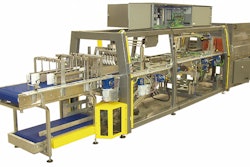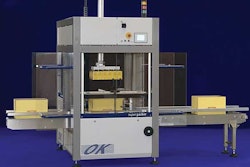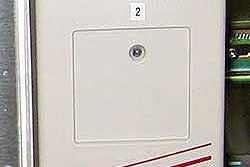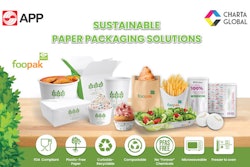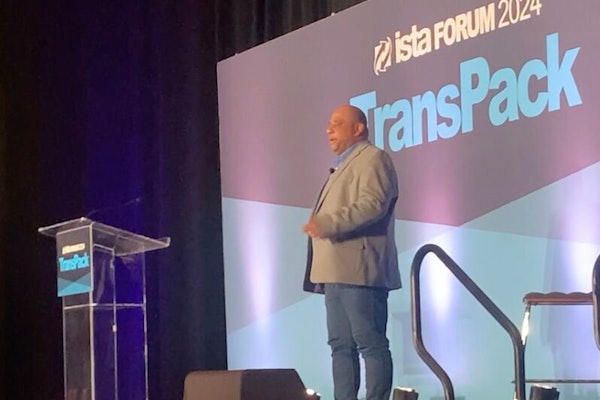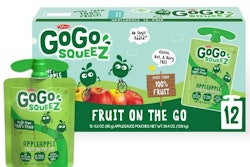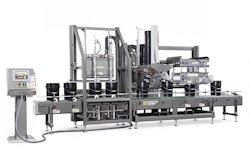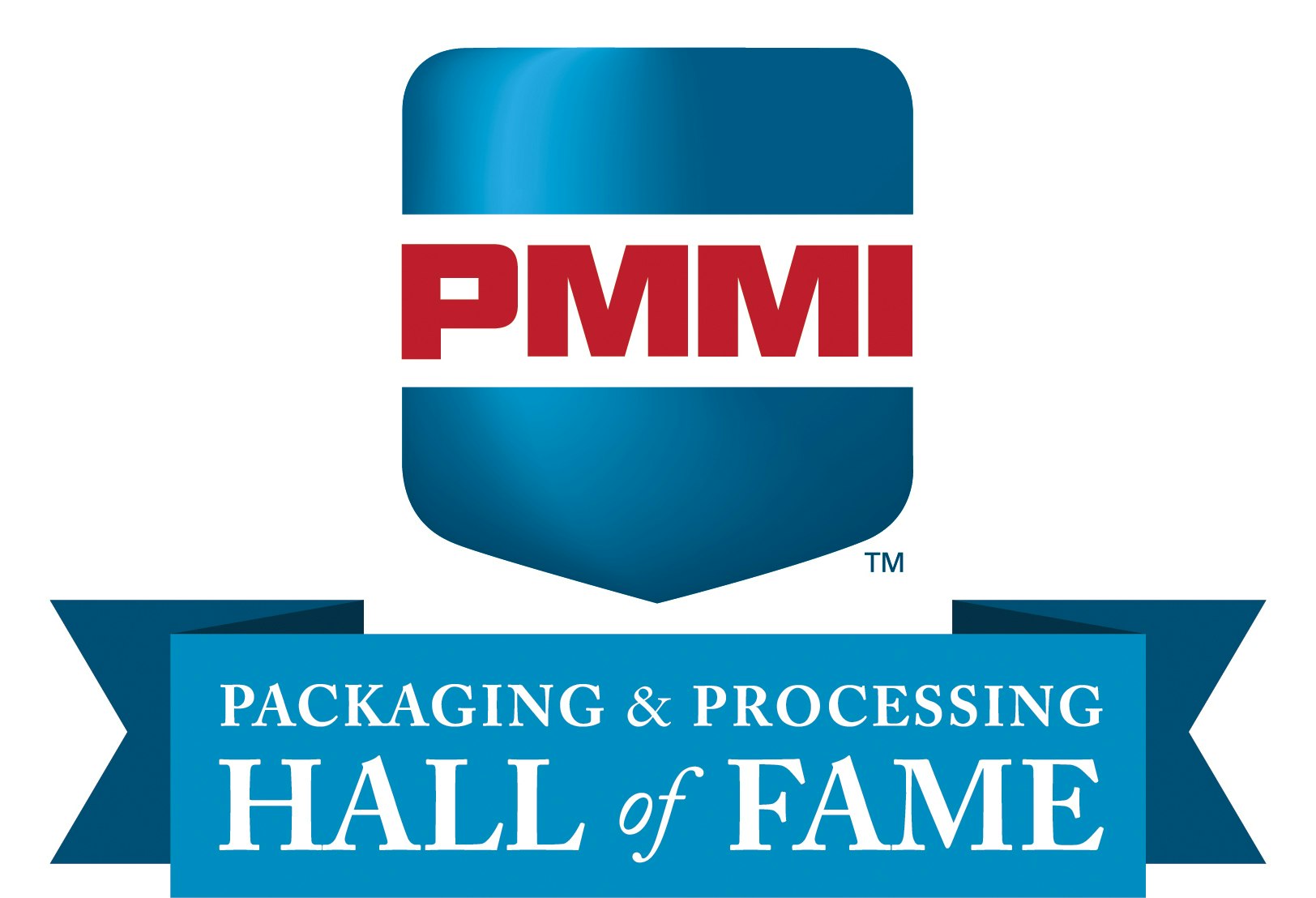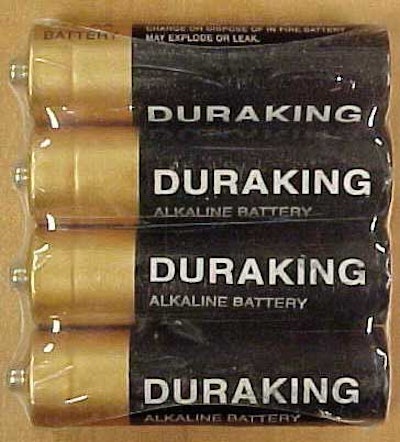
Outsourcing by United States’ manufacturers is a major issue in the 2004 presidential campaign. But there is an even seamier side of the issue you may not have heard about: outsourcing of counterfeit packaging.
Holograms for Microsoft Office software and overwraps for Duracell batteries (shown above), just to name two examples, are being manufactured in rogue Chinese and East European factories, shipped back to the United States and then put on product somewhere in America by counterfeiters who are—at least for now—beyond the reach of the law.
“Fake packaging has always been an issue, and like the growth in counterfeiting generally, it is getting worse,” explains Paul Fox, director of global external relations for Gillette Company, Boston, MA. The problem has grown so big that American companies have gone to Congress for help.
That is the backdrop to a House Judiciary Committee subcommittee’s passage of Rep. Lamar Smith’s (R-TX) Anti-counterfeiting Amendments of 2003 (H.R. 3632) on March 31.
That vote took place a week after the Senate Judiciary Committee held hearings on counterfeiting. Sen. Joseph Biden (D-DE), a senior Democrat on that committee, has introduced the Senate version of the House bill, called the Anticounterfeiting Act of 2004 (S. 2242). Both the House and Senate bills would allow the U.S. to prosecute counterfeiters who traffic in bogus packaging and labeling (rather than the product itself), including certificates of authenticity (COA) that incorporate special inks, holograms , and microtext into a packaging overwrap.
As interpreted by the courts, current federal criminal law allows counterfeiters to escape prosecution for trafficking in stolen goods by simply selling or distributing the counterfeit labels separately from the counterfeit products.
The bills are limited, however, because they deal only with changes to U.S. copyright laws. That is fine and dandy with the computer, recording, and movie industries that sell CDs and other media. But it doesn’t help a much broader swath of manufacturing industries that are concerned about imported fake packaging that displays unauthorized trademarks. Prosecution of those accused of bogus imported packaging with unauthentic trademarks is specified by a different section of the United States Code (Section 2320) than the section that addresses copyrights and is being targeted by the Smith/Biden bills, United States Code (Section 2318).
Fixing the loophole
Tim Trainer, president of the International AntiCounterfeiting Coalition (IACC), has been circulating a legislative fix for Section 2320. The need for that was underlined at the Senate hearings by Richard Willard, senior vice president and general counsel at Gillette.
Gillette discovered a factory in China manufacturing “a substantial amount of fake packaging for several of our products,” according to Willard.
Willard explained at the hearings that Section 2320 makes it unlawful for anyone intentionally to traffic in goods or services and knowingly use a counterfeit mark “on or in connection with” those goods. But in a recent case, United States v. Giles, the 10th Circuit Court of Appeals held that a person could not be prosecuted for shipping fake Dooney & Burke labels to a buyer because the labels, while clearly fake, were not “on or in connection with” any counterfeit goods.
During the Senate hearing, Sen. Arlen Specter (R-PA) asked why the Biden bill did not address that problem. He implied he would be introducing a bill that will address the issue of imported packaging with bogus trademarks.
Innovative counterfeiters
Certainly the high-tech community is pushing hard for the legislation, none harder than Microsoft Corp., Redmond, WA. “To create the look of genuine packaged software, counterfeiters use state-of-the-art technology to create near-perfect copies of Microsoft CD-ROMs, packaging, documentation, and other components,” explains Richard LaMagna, senior manager, worldwide investigations, law and corporate affairs at Microsoft.
Microsoft packaging has for many years included a certificate of authenticity that incorporates special inks, holograms, and microtext. These COAs are difficult to counterfeit. In recent years, more than 100 robberies of authorized replicators in the United States and Europe have netted 540ꯠ Microsoft COAs with an estimated value of $50 million. Those obtained overseas are combined, either there or in the United States, with bogus CDs and packaging, the latter two also sometimes manufactured outside the United States and imported here.
Microsoft has tried to thwart counterfeiters by using what is called an an edge-to-edge hologram that covers the entire surface of the compact disk. The edge-to-edge hologram involves a highly sophisticated, proprietary technology that is etched into recent versions of Microsoft Office during the manufacture process.
“So far, counterfeiters have found it impossible to replicate the edge-to-edge technology,” states LaMagna. “As an alternative, they have developed holographic stickers that, when attached to the disk, closely resemble the look of the edge-to-edge hologram. Recent versions of these fake stickers found in Asia are of such high quality, few consumers would be able to detect the counterfeit.”
In spite of domestic efforts by companies or lawmakers, the inability of many countries to safeguard intellectual property—or even effectively enforce their own laws—is likely to make this a continuing issue.
